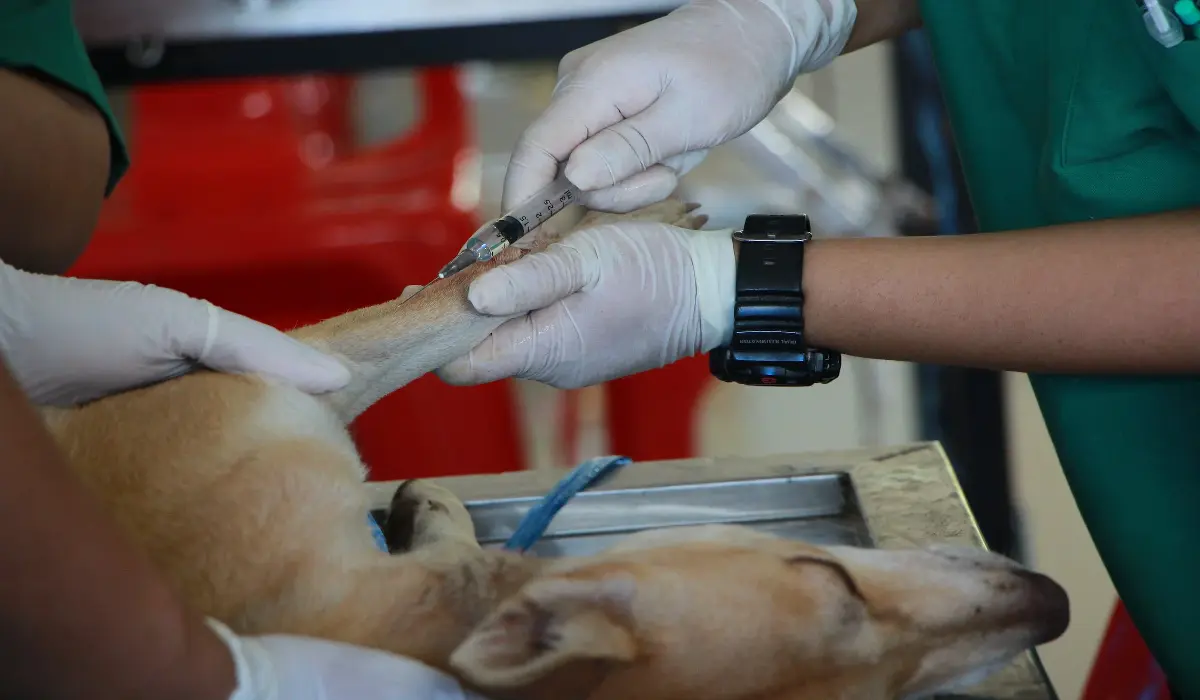Pets are precious members of our families, and just as we would exercise utmost consideration in choosing a personal physician, the same due diligence must be applied in selecting a veterinarian for our furry friends.
This article aims to ease this process of choosing the right veterinarian for your pets and help you make a decision that best suits your pet’s needs.
Things to Consider To Choose the Right Veterinarian for Your Pets
The process of selecting a veterinarian often happens when we get a new pet, move to a new location, or unfortunately have a bad experience with a previous vet. Irrespective of the reason, it’s a decision that often entails checking multiple boxes.
Recommendations and Reviews
Asking for recommendations is an excellent first step to begin your search.
- Consult with pet-owning friends and family members about their vet experiences.
- Local pet shelters, pet stores, dog walkers, and groomers could also provide invaluable insights since they usually maintain a close association with vets.
- Online reviews and feedback might also provide a deeper, unfiltered insight into other pet owner’s experiences.
Remember, what works for one may not work for the other. Understand your pet’s unique needs and take recommendations with a grain of salt.
Professional Accreditation and Qualifications
Ensuring that a vet is professionally qualified is a critical step.
- Every practicing vet should hold a degree from an accredited veterinary school.
- Check whether they are licensed in your state and are a part of professional veterinary bodies, such as the American Veterinary Medical Association.
- The vet’s office should have their credentials conspicuously displayed.
The vet’s qualifications are your assurance that they’ve received the requisite training to care for your pet.
Array of Services
The scope of services provided by a practice is a crucial factor.
- Beyond standard vaccination and general health check-ups, your pet may require specialized services, like dentistry, dermatology, ophthalmology, or orthopedics. Hence, a practice offering a variety of services could be more beneficial in the long term.
- The facility should ideally have diagnostic tools like ultrasound scans and X-rays.
- Availability of services like grooming, boarding, and house-calls are important considerations.
Clinic Atmosphere and Staff Behavior
Your visits to the vet should ideally be stress-free experiences for both you and your pet.
- The veterinary office should be clean, well-organized, with pets and pet parents treated respectfully.
- A friendly, emotional, understanding staff can support your pet’s comfort and ease anxiety.
- Consider facilities with dedicated spaces for dogs and cats to make the waiting time more calm for your pets.
Location and Operating Hours
The geographical convenience of the vet’s office is worth considering, especially during emergencies.
- Check the working hours of the practice and if it aligns with your schedule.
- Find out if they offer emergency care. If not, know where the nearest emergency pet hospital is located.
- Consider the ease of scheduling appointments.
Financial Aspects
The cost of pet healthcare can be a significant determinant in your choice of vet.
- Transparency in billing and cost estimation is a must.
- Check if they offer a facility of payment plans for high-cost procedures.
- If you have pet insurance, does the practice accept it?
Communication
A strong communication line with your pet’s vet is essential.
- Your vet should listen to your concerns, explain diagnosis and procedures thoroughly, and use language that is easy to understand.
- Feel free to ask your vet about their experience with cases like yours.
Final Thoughts
Choosing a vet is a two-way street. As much as you are examining whether a vet is a right fit for your pet, they’re assessing how well they can work with you too.
Take the time to visit various facilities, speak to the staff and veterinarians, and discuss it with your family. Remember to trust your instincts.
After all, nobody knows your pet better than you do.
